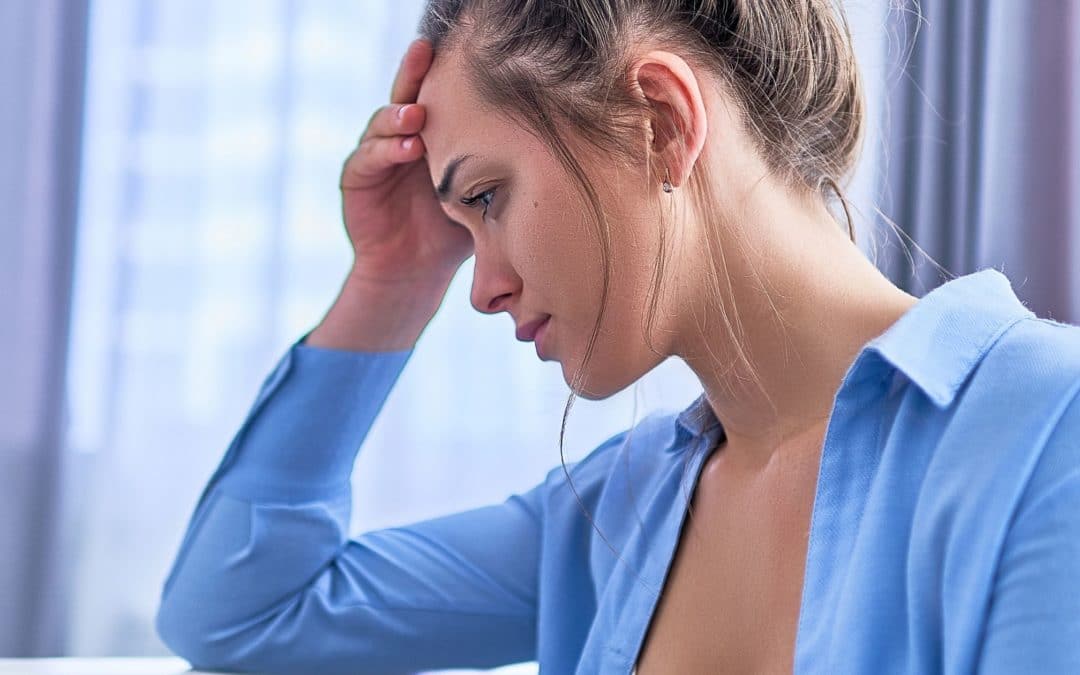Exercise Plays Key Role in Mental Health
As the world continues to slowly emerge from the COVID-19 pandemic, the long-term impacts of the last 18 months on physical and mental health are yet to be determined. Some mental health experts fear many health issues will emerge in the near future.
There has been data to suggest physical activity and exercise benefit mental health for a long time. However, in June 2021, the John W. Brick Foundation released their Move Your Mental Health Report, which provides a review of over 1,000 studies conducted over the last thirty years. The research includes studies on any variety of physical activity, exercise, or movement type on mental health over a 30 year period.
The findings were overwhelmingly positive. Out of 1,158 studies examined, 89% found a statistically significant, positive association between physical activity or exercise and mental health. The top three exercise types linked to mental health benefits were:
- general physical activity (a broad category representing any movement),
- cardiovascular/aerobic physical activity
- yoga
Exercise and Mental Health
This review found significant benefits between several types of physical activity and depression, general anxiety, mood, general mental health, quality of life, stress, and well-being.
The strongest associations were for depression. A review found that exercise was associated with reduced depression symptoms when compared with no treatment and placebo and active control groups.
Research also suggests exercise is beneficial for anxiety. Exercise improves anxiety symptoms in people with an anxiety diagnosis or other stress-related disorder. A growing body of evidence suggests physical activity can provide immediate anxiety relief. The evidence shows that exercise can be a long-term solution and also a potential immediate coping mechanism for people with anxiety.
The evidence also suggests an effective exercise regimen for depression and anxiety includes both aerobic and resistance training for four to five 30-45 minute sessions each week. Exercise should be supervised by a trained fitness professional to ensure maximum benefit. People with anxiety would also benefit from adding more mindful forms of exercise like yoga, Tai Chi, and Qigong one or two times per week.
Exercise and Mental Illness
While exercise cannot cure mental illness, it can provide important benefits to overall well-being.
The report highlights evidence suggesting aerobic exercise can lower psychiatric symptoms and improve cognition in people with schizophrenia type disorders.
A study found that physical activity had a significant effect on lower depression symptoms and schizophrenia symptoms. Exercise also improved the quality of life in people with mental illness.
The report also points to a study, which found that yoga was better for depressive symptoms in contrast to no treatment or treatment as usual for people.
Key Recommendations
It appears that the benefits of exercise and physical activity for mental health are most apparent when:
- Intensity is moderate to vigorous
- Exercise occurs several times per week
- The person is engaging in a combination of aerobic and resistance training
- The program includes mindfulness-based activities like yoga, Tai Chi, and Qigong
If you’re feeling a bit depressed or have anxiety, starting an exercise program could help. Be sure to check with your doctor before starting any kind of exercise program and NEVER stop taking prescribed medications without consulting your physician.
Be sure to reach out to me when you are ready to start or resume an exercise program and I will create a customized program depending on your specific needs.

